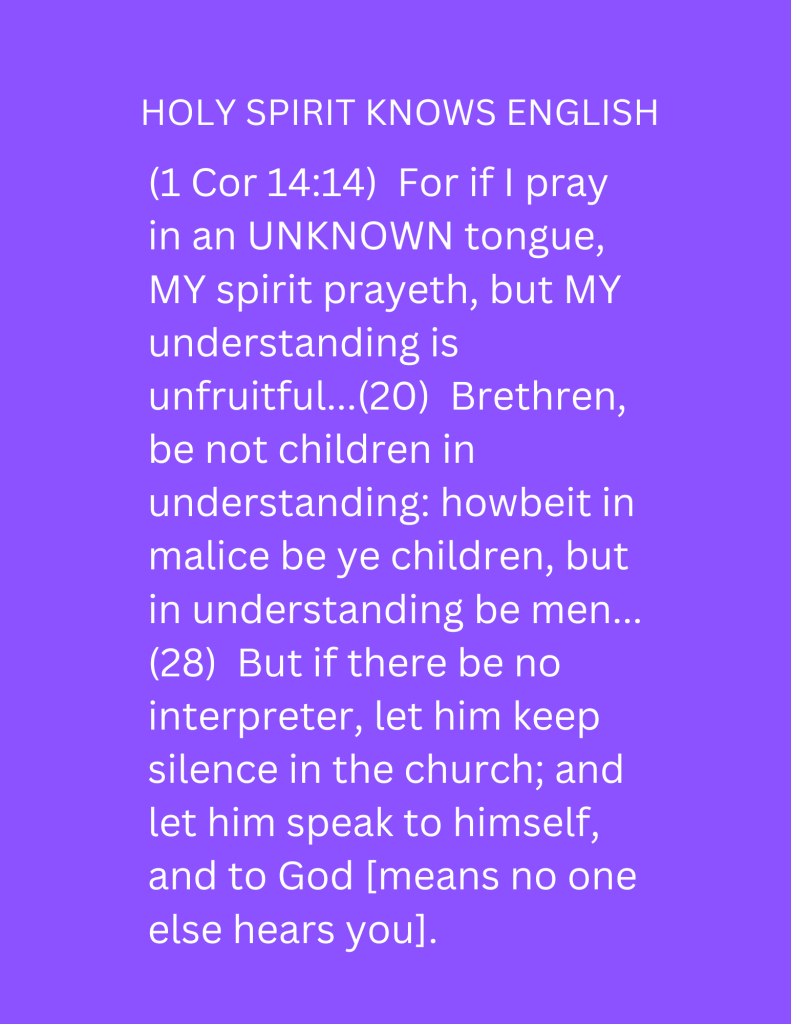First let me establish that this topic is not about water baptism when using the term baptism as water baptism is a separate though related topic being an outward symbol of spirit baptism.
The Bible shows that the bible speaks of a receipt of the Holy Spirit (e.g., John 20:22) and a Baptism of the Holy Spirit (e.g., Matt 3:11; Acts 1:5, 8; 1 Cor 12:13). Baptism of the Holy Spirit seemingly biblically includes receipt of the Holy Spirit but is certainly more than just receipt of the Holy Spirit.
Receipt of the Holy Spirit is indicated in John 20:22 which occurred before the day of Pentecost.
An instance of Baptism of the Holy Spirit occurred on the day of Pentecost as set forth in Acts 2 which occurred after the event of John 20:22.
Receipt of the Holy Spirit has to do with the Holy Spirit dwelling within the believer.
There are many facets to Baptism of the Holy Spirit. Here I only deal with the gifts the Holy Spirit gives the believer according to God’s specific calling and purpose for that believer. Along with the gift comes the power to exercise the gift as God so wills.
Speaking in tongues is one of the many gifts God gives to believers such that not all believers receive the same gift(s) or measure of gift(s). Like other gifts, not all believers receive the gift of speaking in tongues. Therefore, speaking in tongues is not evidence of a person being more holy than or more valuable than one who does not speak in tongues.
Since believers receive different gifts, it follows that baptism of the Holy Spirit differs across believers but no believer can claim any superiority as to such difference in baptism of the Holy Spirit.
1 Cor 12 is instructive as to the biblical concept of Baptism of the Holy Spirit in general and specifically with respect to gift(s).
1 Cor 12:13 says the one Holy Spirit has baptized all believers into the one body of Christ (the church) and made to drink of that one Spirit. In so doing we are put in union with Christ and all other believers. Ephesians 4:1-6 speak of this unity and oneness brought through this baptism of the Holy Spirit.
Romans 6:3-6 and Colossians 2:12 speak of the believer being baptized into the death of Christ and his resurrection.
1 Cor 14 is instructive as to speaking in tongues. It speaks of two types of such speech: (1) speech understandable with or without an interpreter and (2) speech not understandable by the hearer.
The former is right to do in the assembly of believers and is the type that occurred in Acts 2.
The latter which the KJV calls unknown tongues should be done either in private such as at home or quietly so that no one hears anything said. It is not the type of tongues that occurred in Acts 2.
1 Cor 14 establishes the Acts 2 kind of tongues in which the hearer understood what was being said. It also establishes a second kind of tongues in which the hearer does not understand what is being said unless there is a human interpreter. The KJV inserts the italicized word unknown to indicate this second kind of tongues though no corresponding Greek word appears in the original manuscript yet the context indicates the difference between known and “unknown” speech where the words known and unknown have to do with understandability of the speech.
1 Cor 14 establishes that the second kind of tongues should not occur in a public worship assembly to the extent that anyone other than the person and God hears speech. This is made abundantly clear when one combines the teaching/principles of 1 Cor 14:14, 1 Cor 14:20, and 1 Cor 14:28. The message is be adults not children; be not in malice in behavior. Yet, in the absence of severe confusion it is reasonable that the congregation gives people time to grow up just as we don’t kick children out to house because they have not learned to speak well yet.
With regards to “speaking in tongues”, consider the following key scriptures from 1 Cor 14:
1 Cor 14:(14) For if I pray in an unknown tongue, MY spirit [not the Holy Spirit] prayeth, but MY understanding is unfruitful…(20) Brethren, be not children in understanding: howbeit in malice be ye children, but in understanding be men…(28) But if there be no interpreter, let him keep silence in the church; and let him speak to himself, and to God [means no one else hears you].
This is given in the graphic below as well:

The biblical principle that a little leaven leavens the whole lump is a warning from God that we should always be mindful of.
The leadership should watch and teach so that “speaking in tongues” does not reach a point of being distracting or disruptive.
Reference: Speaking in Tongues


